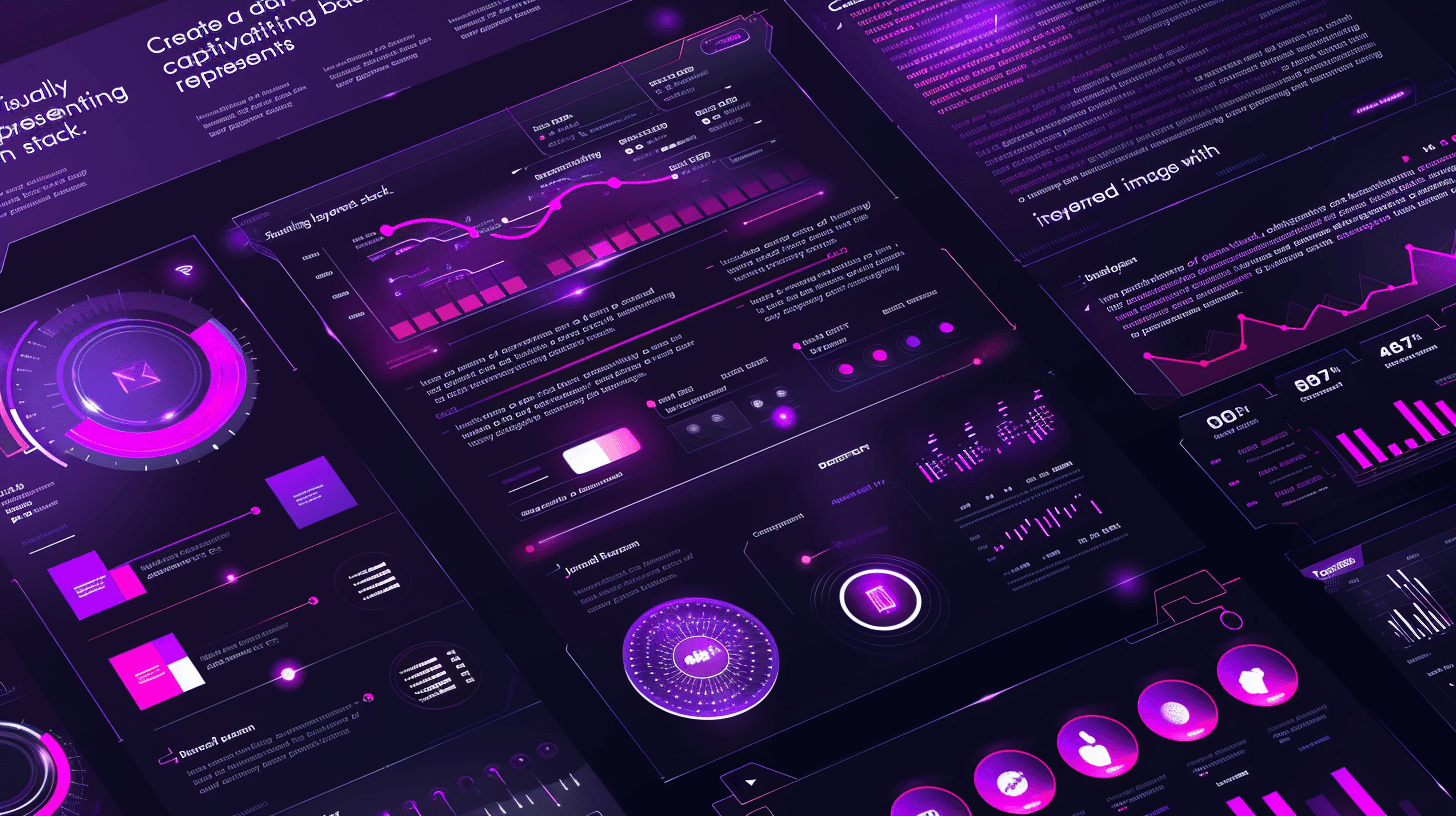Back to blog
Content Calendars: Plan for Consistency
Content Calendars: Your Blueprint for Consistency
Introduction to Content Calendars
In the dynamic world of digital marketing, consistency is key to maintaining audience engagement and driving sustained growth. Content calendars serve as essential tools for content creators and marketers, providing a structured framework to plan, organize, and publish content systematically. By mapping out content in advance, a well-designed content calendar ensures that your messaging aligns with your overall marketing strategy and business objectives. This not only enhances efficiency but also helps in delivering timely and relevant content that resonates with your target audience.
Benefits of Using a Content Calendar
Improved Organization
A content calendar offers a centralized platform where all content initiatives are mapped out, ensuring that nothing falls through the cracks. By detailing what content needs to be created, when it should be published, and through which channels it will be distributed, teams can avoid the pitfalls of last-minute content creation and missed deadlines. For instance, planning blog posts around upcoming product launches or seasonal events allows for synchronized marketing efforts that amplify impact.
Increased Consistency
Consistency in content publishing is crucial for building and maintaining audience trust. A content calendar helps maintain a steady flow of content, preventing long gaps or overcrowded publishing schedules that can overwhelm your audience. Regular updates keep your brand relevant and top-of-mind, fostering a loyal community. For example, scheduling weekly blog posts or daily social media updates ensures that your audience knows when to expect new content, enhancing their engagement and retention.
Enhanced Collaboration
When multiple team members are involved in content creation, coordination can become challenging. A content calendar facilitates seamless collaboration by providing a clear overview of responsibilities and deadlines. Tools like Google Calendar or dedicated content management systems allow team members to contribute ideas, track progress, and provide feedback in real-time. This collaborative approach not only streamlines the content creation process but also fosters a cohesive and unified brand voice.
Creating a Content Calendar
Define Your Goals and Objectives
Before diving into content planning, it's imperative to establish clear goals and objectives. Determine what you aim to achieve with your content strategy—whether it's increasing brand awareness, driving website traffic, generating leads, or enhancing customer engagement. Understanding your target audience and their preferences is equally important. For example, if your goal is to boost SEO rankings, your content calendar should prioritize keyword-focused blog posts and backlinks.
Choose a Format
Selecting the right format for your content calendar is crucial for its effectiveness. Popular formats include spreadsheets, such as Google Sheets or Excel, which offer flexibility and ease of use. Alternatively, digital calendar tools like Google Calendar or specialized content management platforms like Trello and Asana provide more advanced features, such as task assignments and deadline tracking. The choice of format should align with your team's workflow and the complexity of your content strategy.
Plan and Schedule Content
Strategic planning is at the heart of an effective content calendar. Begin by identifying key dates, such as product launches, holidays, and industry events, and integrate these into your schedule. Develop a mix of content types—blogs, videos, infographics, social media posts—to cater to different audience preferences and engagement patterns. Additionally, consider the optimal times for publishing based on your audience's online behavior. For instance, analyzing past performance data can help determine peak engagement periods, allowing you to schedule content for maximum impact.
Tips for Implementing a Content Calendar
Be Flexible
While a content calendar provides structure, it's essential to remain adaptable to unexpected changes or emerging trends. The digital landscape is constantly evolving, and staying responsive ensures that your content remains relevant and timely. For example, if a viral trend aligns with your brand, swiftly adjusting your calendar to incorporate related content can significantly boost your visibility and engagement.
Monitor and Analyze Performance
Regularly tracking the performance of your content is vital for continuous improvement. Utilize analytics tools to measure key metrics such as website traffic, social media engagement, and conversion rates. Analyzing this data helps identify what works and what doesn't, allowing you to refine your content strategy accordingly. For instance, if certain blog topics consistently outperform others, focus more on those areas to maximize effectiveness.
Continuously Refine and Update
A content calendar is not a static tool; it requires ongoing refinement to stay aligned with your evolving goals and market conditions. Periodically review and update your calendar to incorporate new insights, feedback, and industry developments. This iterative process ensures that your content strategy remains dynamic and responsive, driving sustained growth and engagement.
Overcoming Common Challenges
Implementing a content calendar comes with its set of challenges, but with the right strategies, these obstacles can be effectively managed. One common issue is sustaining momentum and avoiding burnout, especially during high-demand periods. To mitigate this, incorporate a variety of content types and themes to keep the process fresh and engaging for your team. Additionally, ensure that there is a feedback loop in place, allowing team members to voice concerns and suggest improvements. This collaborative approach not only enhances the quality of the content but also fosters a supportive and productive work environment.
Leveraging Tools and Resources
Several tools can enhance the efficiency and effectiveness of your content calendar. Platforms like The VOX Company offer advanced content management solutions that integrate seamlessly with your existing workflows. Additionally, using project management tools such as Trello, Asana, or Monday.com can streamline task assignments and deadline tracking, ensuring that your team stays on schedule. Incorporating automation tools for social media scheduling, like Hootsuite or Buffer, can further optimize your content distribution, freeing up valuable time for strategic planning and creative endeavors.
Integrating Content Calendars with Your Tech Stack
To maximize the benefits of a content calendar, it's essential to integrate it with your broader tech stack. This includes synchronizing your content calendar with SEO tools, CRM systems, and analytics platforms. For instance, integrating your content calendar with an SEO tool like SEMrush can help you seamlessly incorporate keyword research into your content planning process. Similarly, linking it with a CRM system ensures that your content aligns with customer journeys and sales funnels, enhancing the overall effectiveness of your marketing efforts.
Conclusion
A meticulously crafted content calendar is indispensable for achieving consistency and strategic alignment in your content marketing efforts. By enhancing organization, ensuring regular publishing, and fostering collaboration, a content calendar serves as the foundation for a successful content strategy. Moreover, integrating your content calendar with your tech stack and leveraging advanced tools can further amplify its effectiveness, driving greater engagement and reach.
For businesses looking to optimize their content strategies and achieve rapid growth, partnering with experts can make a significant difference. The VOX Company specializes in building custom tech stacks, websites, automation solutions, and AI integrations that align with your unique business needs. By leveraging their expertise, you can ensure that your content calendar not only serves as a planning tool but also as a catalyst for digital dominance.
Ready to elevate your content strategy? Explore our services or book a free consultation with The VOX Company today to start your journey towards consistent and impactful content marketing.


